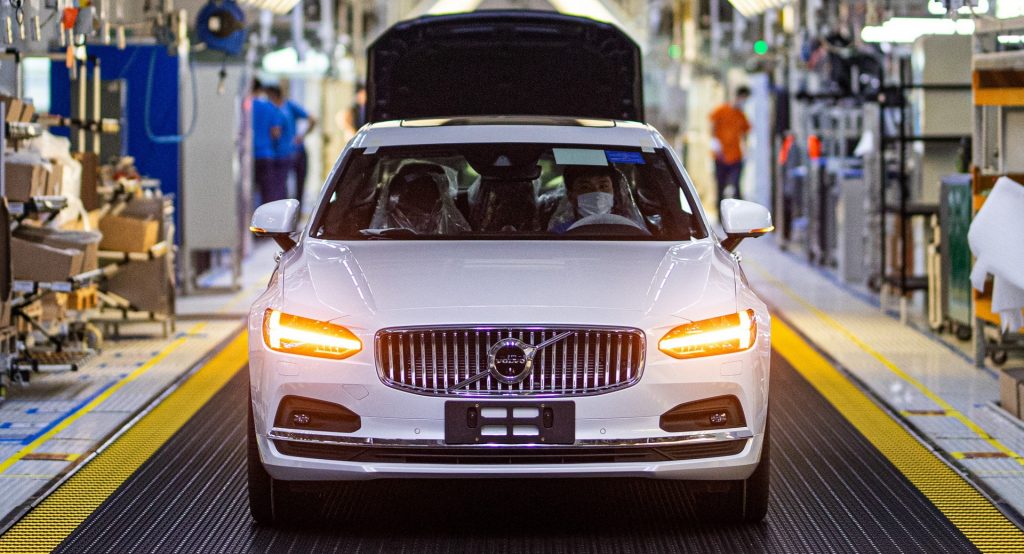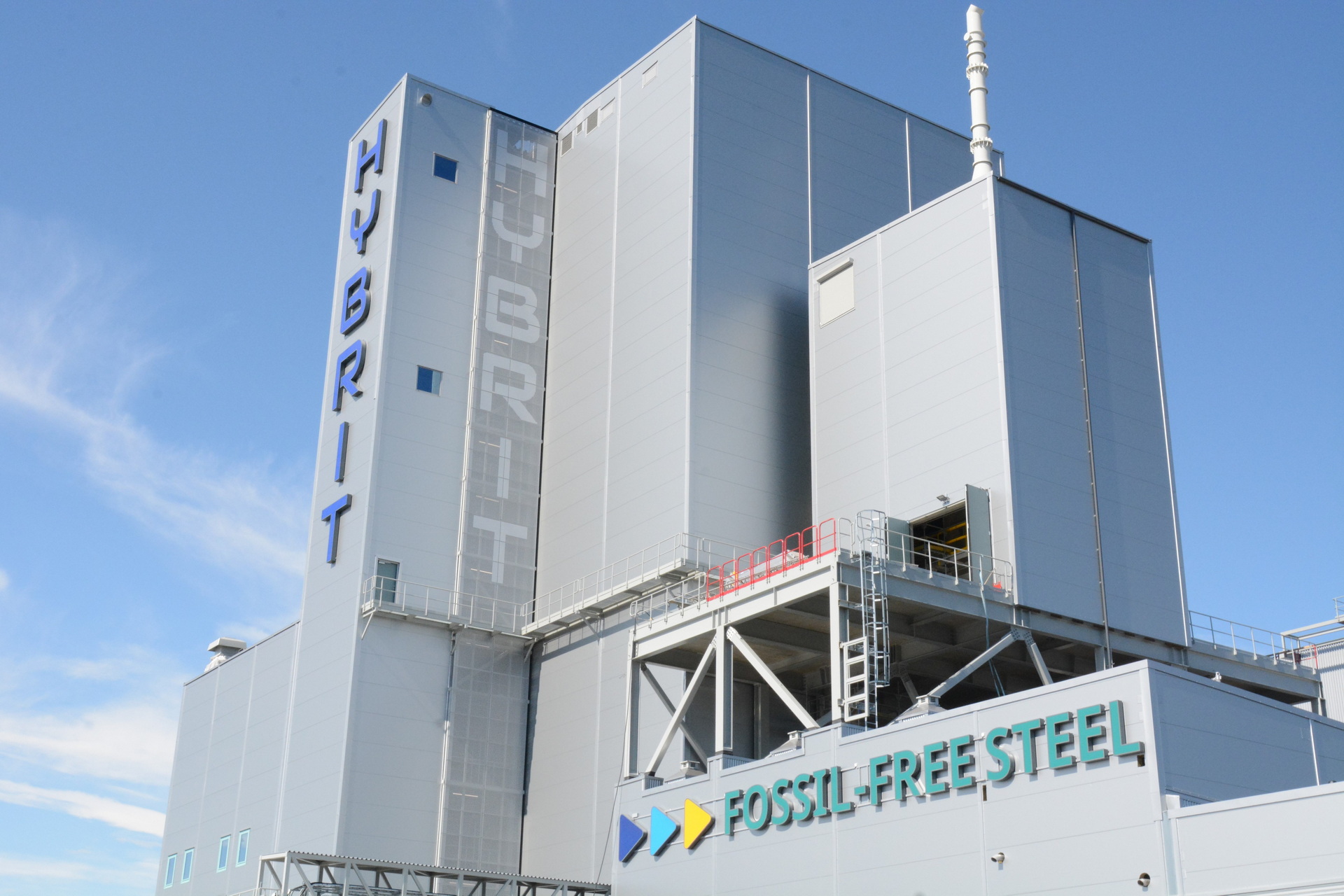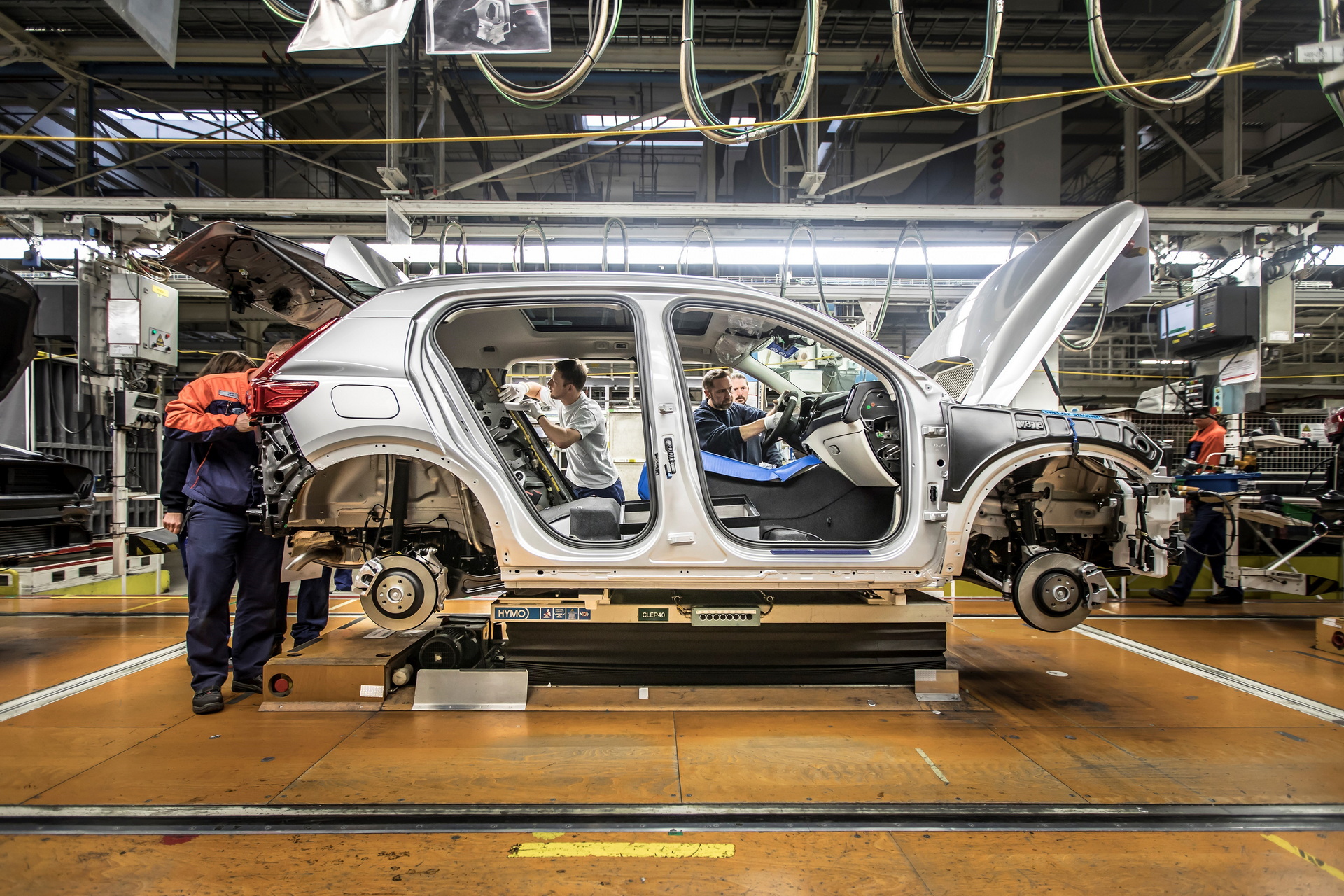According to Volvo, about 35% of the CO2 used in manufacturing its traditional vehicles (20% for EVs) comes from the steel that makes up the majority of a car’s structure. A new partnership will see it become the first automaker to use steel made without the use of fossil fuels.
The Swedish brand is partnering with SSAB, a Swedish steelmaker that has invested in the HYBRIT project, which seeks to develop a new production process that replaces the carbon-heavy coking coal with electricity and fossil-free hydrogen.
“By developing a method for hydrogen storage and securing access to fossil-free electricity, we’re creating a value chain all the way out to customers where everything is fossil-free—from the mine to the electricity and to the finished steel. This is unique,” says Martin Pei, Technical Director of SSAB.
Read Also: Volvo And Daimler Prefer Hydrogen Over EV For Long-Distance Haulage
As part of its collaboration with SSAB, Volvo will become the first automaker to get some of the steel made from hydrogen-reduced iron. The steel, it says, will be used for testing purposes and may find its way into a concept car.
SSAB doesn’t think it will be ready to supply the market with fossil-free steel at a commercial scale until 2026, but when it does, Volvo aims to be the first car maker to use it in production cars.
“As we continuously reduce our total carbon footprint, we know that steel is a major area for further progress,” said Håkan Samuelsson, Volvo CEO. “The collaboration with SSAB on fossil-free steel development could give significant emission reductions in our supply chain.”
The collaboration is part of Volvo’s mission to reduce the life-cycle carbon footprint of its vehicles by 40% by 2025 and to be a carbon-neutral company by 2040. Indeed, SSAB’s steel could be important for the wider world, too, since the steel industry accounts for about 7% of global direct carbon emissions due to the dependence on coking coal.






